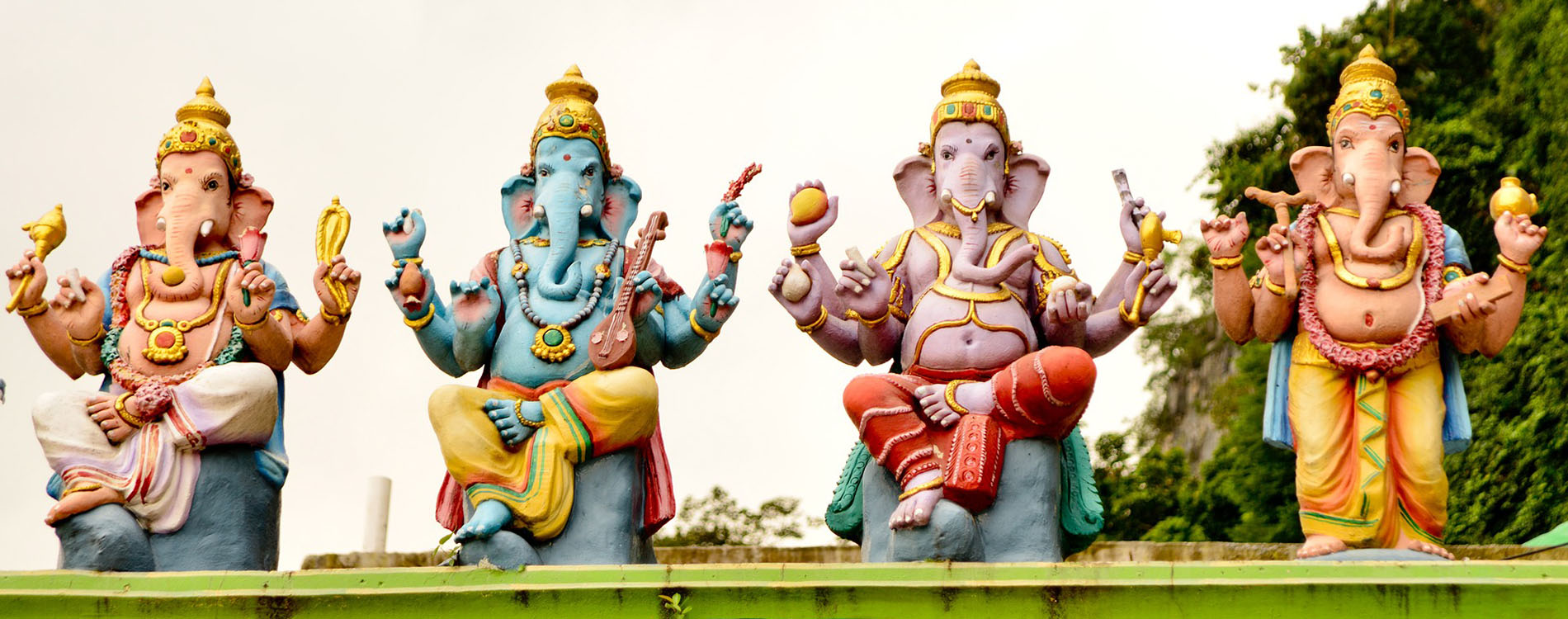Like other religions, Hinduism has elaborate ideas about destiny and the meaning of human life. These are expressed in such concepts as karma, Punarjanma, sansara, and moksha.
According to the Hindus, karma, on the one hand, is an abstract law of cause and effect that determines the laws of fate of the whole universe and of each individual being. On the other hand, karma is the totality of all deeds and actions of a single individual as well as of various human communities, beginning with the family and ending with the state and the nation as a whole. In this second sense, karma is seen not only as the totality of deeds themselves, but also as the totality of their causes and their consequences, since, according to Hinduism, no human act passes without a trace. With this view of human action, a distinction is made between good and bad karma. Understanding this distinction is quite simple, and fits into a simple formula: “bad (evil) deeds produce bad karma; good deeds, on the contrary, produce good (good) karma.”
Closely connected to the notions of karma are the notions of Punarjarma – reincarnation, reincarnation of the soul after death. According to these concepts, after death an immortal soul is reincarnated in a new body. However, the quality of this new life as well as its circumstances are determined by the quality of the previous life, in other words, by the karma accumulated in the previous life. Hence, Hinduism is characterized by the concept of happy and unhappy rebirths, that is, those in which a person, depending on his karma, will enjoy happiness or, conversely, suffer misery.
The notions of karma and Punarjarma are generalized in the concept of samsara, a constant process of alternation of lives and rebirths, governed by the law of karma and occurring on a universal scale. An interesting aspect of the Hindu view of samsara is the belief in the possibility of one’s rebirth (due to karmic circumstances) into another living being. Such a being, according to the Hindus, may be an animal, a plant, a demon, or a demigod. Also in these beliefs the local factor plays an important role: the rebirth of a person can, depending on the karma, occur both on earth and in other worlds such as places of gods or in hell worlds. Some modern versions of Hinduism also consider the possibility of reincarnation on other planets as their inhabitants.
Finally, associated with samsara is the Hindu concept of moksha, the liberation of the soul from the process of endless rebirths and existences. The various currents and schools of Hinduism offer different views on the realization of moksha and its essence; but they all agree that moksha is the result of one’s aspiration for liberation from samsara and the following of specific religious practices. They are also unanimous in recognizing that through the realization of moksha, the soul ceases to be reborn and attains a special, beyond rational comprehension, state of co-divinity and bliss.
In conclusion, it is worth mentioning the Hindu view of the three main areas within which human life takes place. These are dharma, artha, and kama. Dharma, in the Hindu sense, is the set of rules and duties imposed on a person by his belonging to the human race as well as by his social status. Dharma also serves as an ethical system whose requirements a person must follow throughout his life. For example, a priest’s dharma is to conduct rituals and religious piety; a king’s dharma is to rule the state with justice; a warrior’s dharma is to fight wars, be brave and generous to the vanquished; a merchant’s dharma is to conduct trade and be honest; a worker’s dharma is to work hard and diligently; a family man’s dharma is to create and maintain a family and raise children with dignity. The circumstances of the next rebirth depend upon whether one has followed or neglected one’s dharma. Following the dharma plays an important role in the accumulation of good karma according to Hindu concepts, while neglecting the dharma creates bad karma.
Artha is the sphere of human social activity – politics, trade, economy and so on. One aspect of these activities is recognized as one’s pursuit of social success and prosperity, but the benefits themselves are seen here as the result of a combination of dharma in one’s social activities, one’s personal qualities and abilities, one’s sense of purpose and good karma.
